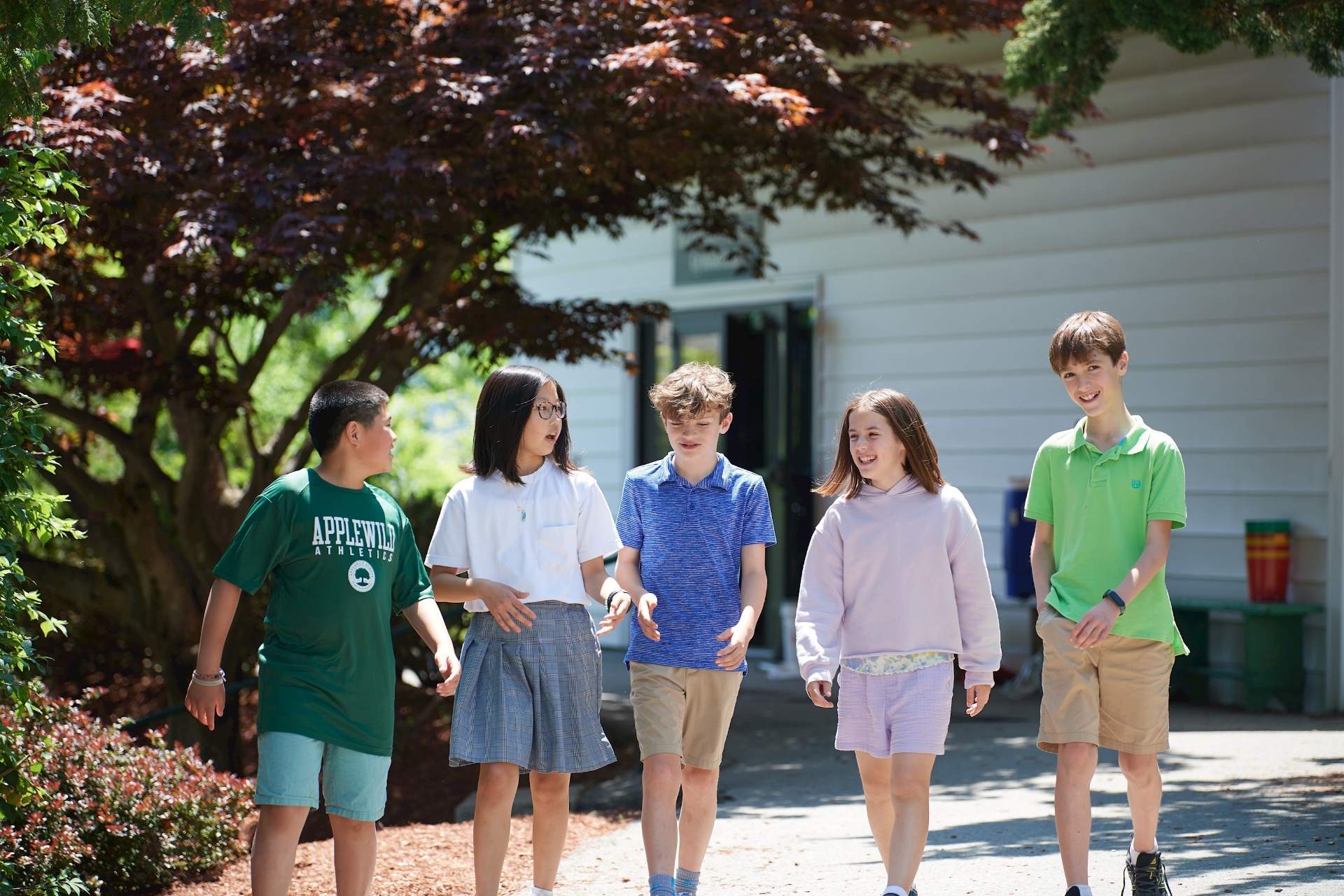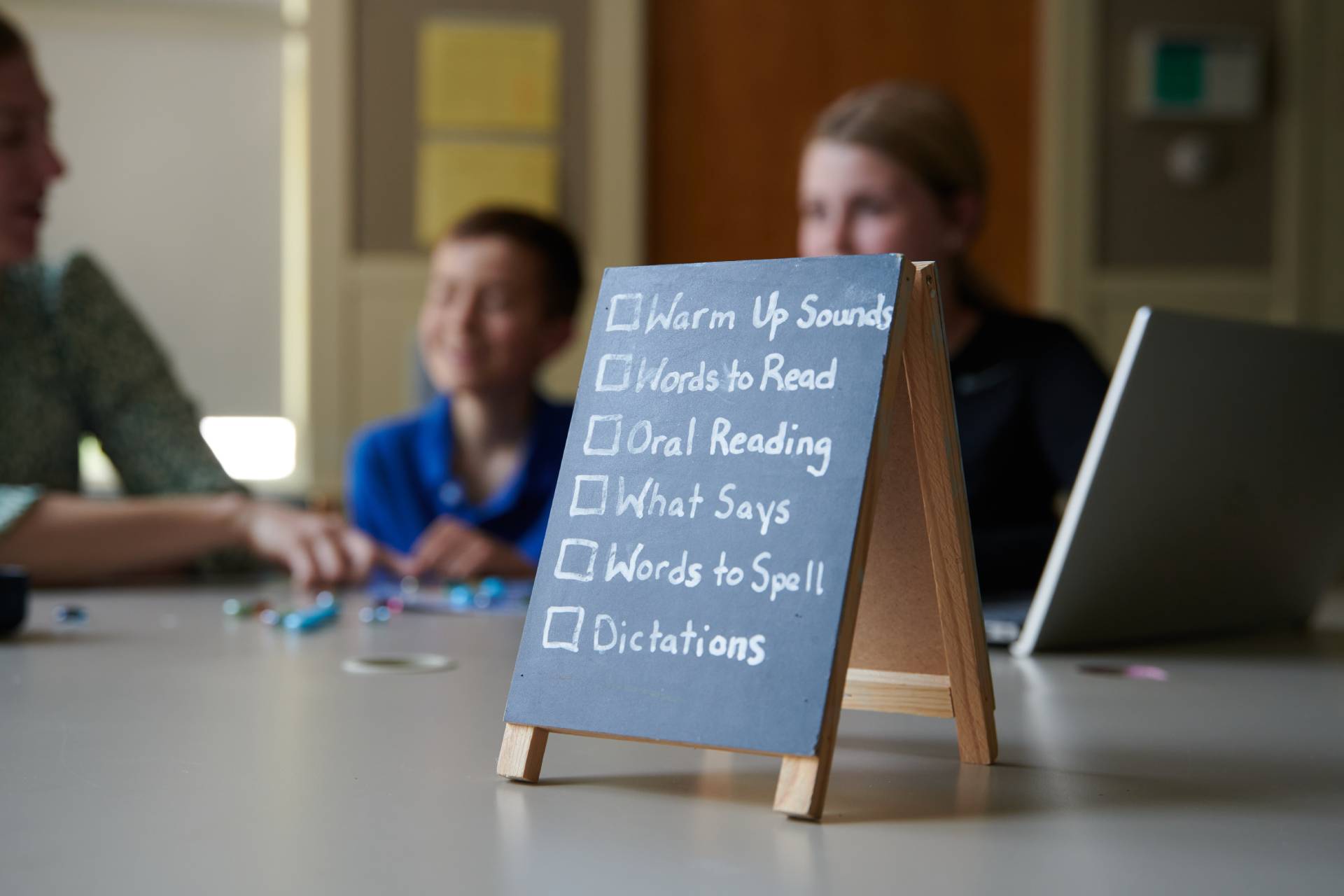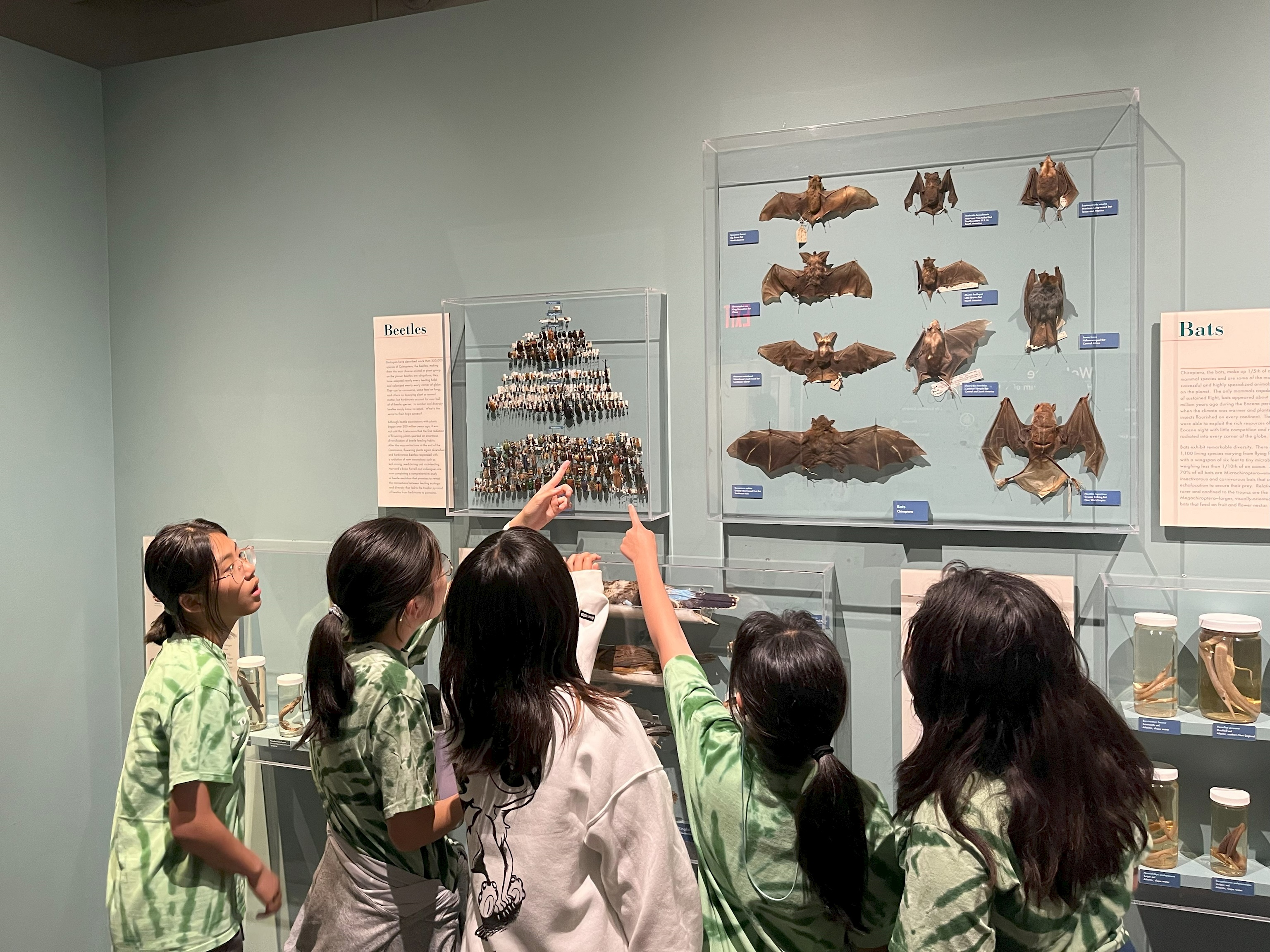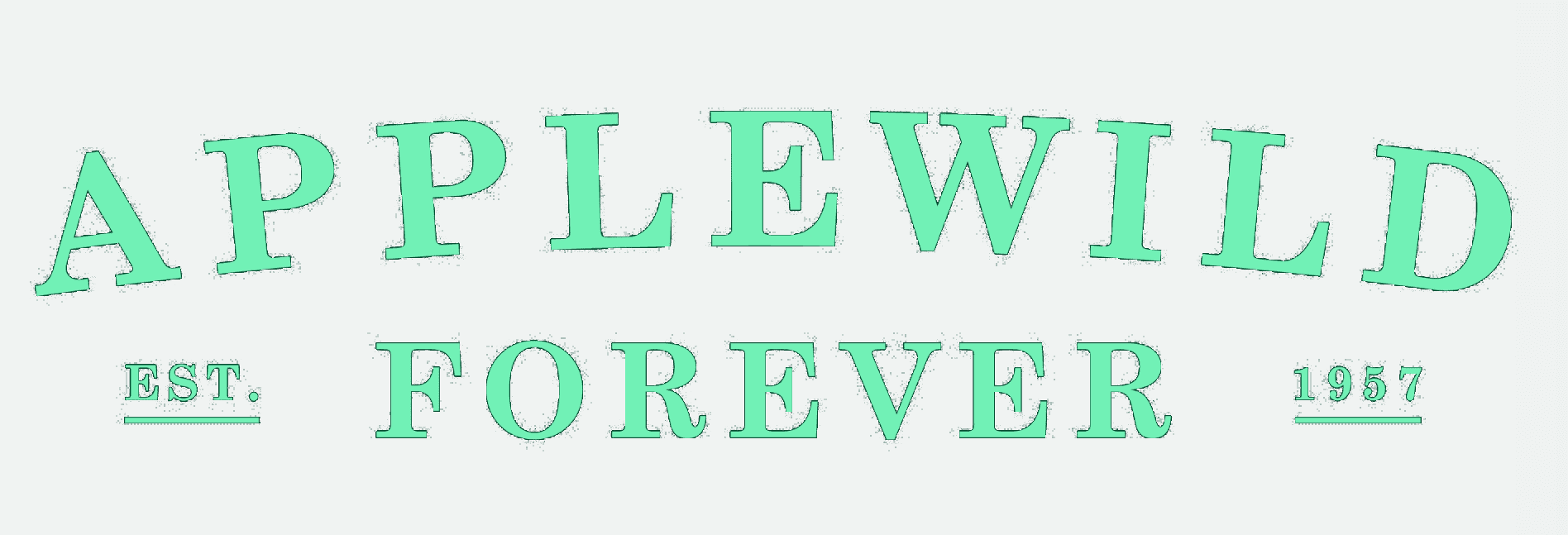May 22, 2024
By Amy Jolly, Head of School
I’m fortunate to lead an independent school that provides students with language-based learning differences (dyslexia, dysgraphia, dyscalculia) with a tailored program that features language-based classrooms, 1:1 Orton-Gillingham tutorials and a genuine interest in helping these students find success. Students typically join this program in the second grade or later, after they have experienced various schooling experiences which have not met their specialized needs. I confess to being heartened by Applewild’s approach and wish this option had been available when our dyslexic daughter had been young. She suffered unnecessarily through late elementary and middle school in a great school district that never really gave her what she needed. This personal experience frames my deep passion to help these students, and helps frame what we offer students at Applewild.
Consistently meets students academic needs
Parents of students with a dyslexia diagnosis choose our school because they know their child needs an education that is structured, sequential, and research based. Students in the Foundations program receive instruction for math, language arts, social studies and science in a small group environment (typically no more than 8 students) with peers who also have language-based learning differences. Teachers provide differentiated instruction that builds upon each student’s strengths and interests. A multisensory approach and hands-on learning are integrated into every lesson.
Our small size also allows us to tailor the program to the unique needs of each student. For example, we have a student who has been with us for a few years in the Foundations program, and is now ready to shift into some standard classes. We are able to offer the scaffolding and support to give this student the opportunity to stretch his wings in ways that are appropriate and meaningful for him.
Supportive environment that accepts dyslexia is is a life-long Issue
We now know that dyslexia is a biological condition impacting how a student’s brain is wired. This essential wiring can be influenced, and this is why early identification and intervention are so strongly desired. However, we know our students will always carry some of their challenges. One of our goals is to help our students to learn how to work with their challenges, and play to their strengths. While reading may be challenging, students with dyslexia always have other strengths. So we help students understand the proverbial cards they have been dealt, and to develop the tools and competencies needed to navigate their schooling. We appreciate that given the ages we serve that development is variable, and it's my experience that pretty much every human in our community has something they are working on. This metacognitive environment is validating for our LBLD students, and heartens them to work on their weaknesses over time, and to build upon strengths.
Social-emotional needs are met
Many of our Foundations program parents choose our program because our expectations are the same for athletic, artistic, critical thinking, and behavioral/social skills for our Foundations students as it is for students in the rest of the program. While Foundations students have most of their academics in a language-based classroom, they also participate fully in the social-emotional and leadership development programs of the school. An in-school club program allows all students to develop leadership skills and pursue community service and interests with like-minded peers. All of our students participate in our athletics and arts programs which provide ample outlets for physical activity and creativity. Two of our Foundations students recently gave me a gorgeous pair of earrings they had made in our jewelry club—and it is a joy to see these budding designers and entrepreneurs grow!
We know our Foundations students are not “othered” or isolated by their very specific needs. They are full participants in a vibrant community, and have the opportunity to shine. Recently, one of our sixth grade Foundations students was awarded the Chris Williamson Sustainability Award which is the only award given to a non-graduating student. The award is voted on by all faculty, and is given to the rising sixth grade student who demonstrates leadership in helping to sustain our community. The student was chosen in large part for his work at the ‘gagaball’ game that occurs at nearly every recess. He noted that clearer rules were needed so all students could enjoy a turn playing this game, and set an example for how to resolve interpersonal conduct. He is a wonderful student, and an example of the kind of student we typically serve — with or without dyslexia!
A balanced, inclusive program
A great program for students diagnosed with LBLD must be balanced between giving them an individualized prescriptive approach that is balanced with sports, arts, leadership development, and high expectations. Students thrive when given the opportunity to explore interests and have broad interaction with a variety of people. Our school also has a contingent of students learning English as a second language, and as such, we welcome students from around the world. Our Foundations students see the ELL students as not having dissimilar challenges, and because the overall program values these different needs, it creates a climate of inclusion and caring. It is within this balanced approach that students find the confidence to push themselves and take intellectual risks.

.jpg)



.jpg)


.png)
